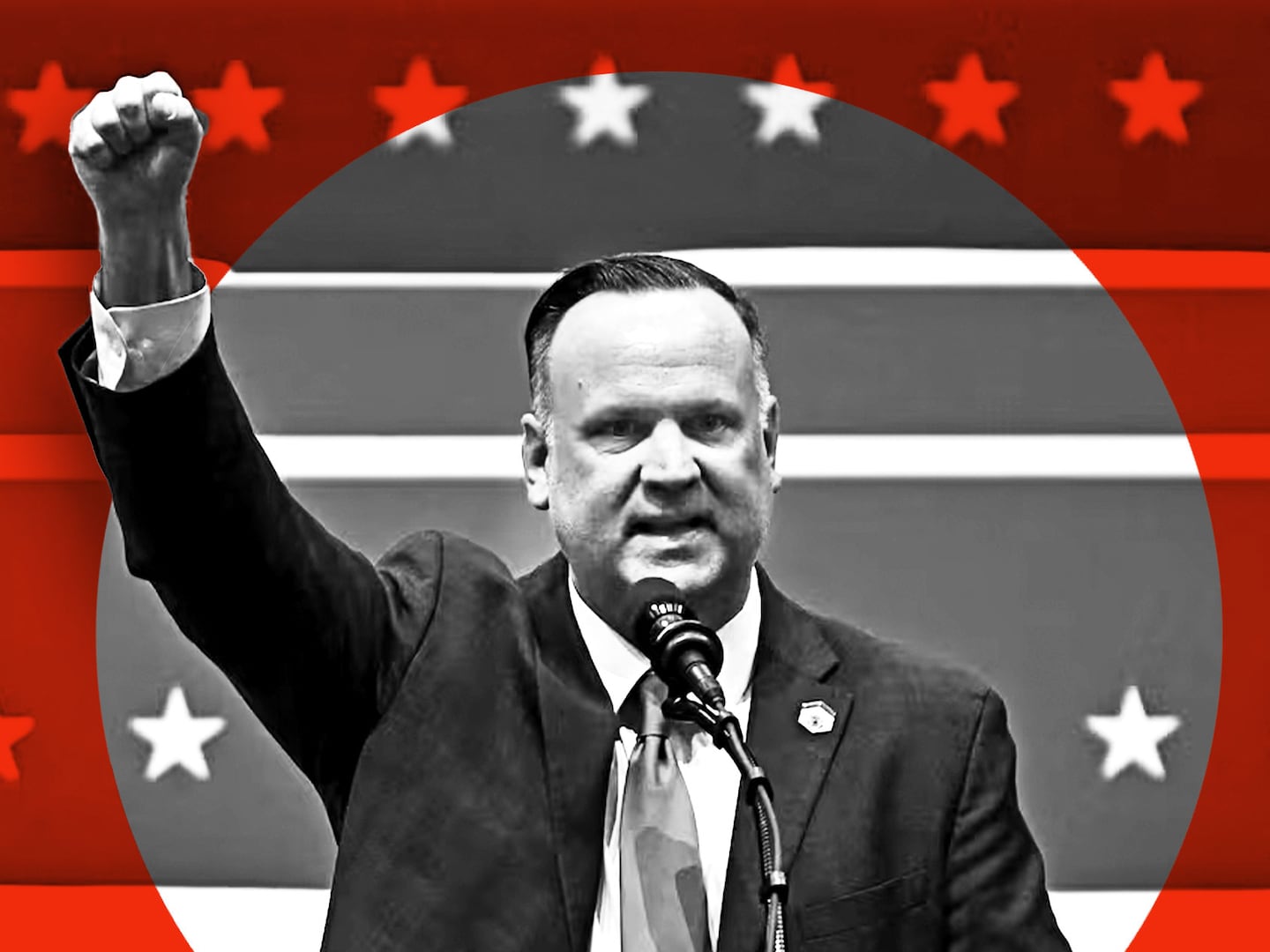A hacker group calling itself “GlobalLeaks” has begun distributing hacked emails stolen from the inbox of Yousef Al Otaiba, the United Arab Emirates’ ambassador to the United States and a man credited for cementing America’s close alliance with the U.A.E. in the war on ISIS.
The hackers reached out to The Daily Beast in email this week to offer a sample of the messages they claimed demonstrated “how a small rich country/company used lobbyists to hurt American interests and those of it allies.” The leaks, they said, “reveal how million of dollars were used to hurt reputation of American allies and cause policy change.” The leakers said they plan to publish the material themselves on Saturday.
The sample is comprised of 55 pages of documents that appear to have been printed out and recaptured by a digital camera. The leakers claimed the documents had been provided to them by a paid whistleblower embedded in a Washington, D.C., lobbyist group, though it’s clear from even a cursory examination that they were printed out from Al Otaiba’s Hotmail account. The earliest message in the sample dates to 2014, and the most recent is from last month.
Embassy spokeswoman Lamiyae Jbari confirmed that the Hotmail address in the emails belongs to Al Otaiba, and said The Daily Beast’s phone call was the first the embassy had heard of the account being hacked and the contents leaked. “I’m sure you’re not the only one who received it,” she added.
The identity of the “GlobalLeaks” hackers—who have no relation to the open source whistleblowing project by the same name—is uncertain. They contacted The Daily Beast from a free account at a Russian email provider, and the subject line of their emails read “DC Leaks- The Lobbyist Edition Part 1”—a reference to the DC Leaks website established one year ago this month to publish stolen emails belonging to several prominent U.S. officials, including former Secretary of State Colin Powell. According to a U.S. intelligence assessment, DC Leaks was a false front set up by the Russian government as part of the same influence operation that targeted Hillary Clinton in the election.
This new hack comes just as Russian President Vladimir Putin acknowledged for the first time that Russian hackers may have interfered with the U.S. election, though Putin claimed that such intruders would have been self-guided “patriotic” hackers with no connection to the Kremlin.
“Hackers are free people, just like artists who wake up in the morning in a good mood and start painting,” Putin said.
The Russian government is not known to target the U.A.E. in the way it goes after the U.S. and Europe. But last year security experts at ThreatConnect and Fidelis Cybersecurity picked up a possible early warning of a cyber attack on the U.A.E.’s foreign affairs department. The security experts found indications that the same hackers who hit the Democratic National Committee had registered a web address—mofa-uae[.]com—that could only have been meant to spoof the Emirates’ Ministry of Foreign Affairs.
Al Otaiba is a recognizable figure in D.C.’s diplomatic circles, who has been called “the most charming man in Washington,” so the full tranche of emails in the hackers’ possession is sure to include friendly exchanges between the ambassador and a raft of movers and shakers inside the Beltway.
The excerpts provided to The Daily Beast include several emails between Al Otaiba and former Obama Defense Secretary Robert Gates, who’s now a principal at RiceHadleyGates, an influential Washington consulting firm that counts companies like ExxonMobil as clients.
“I want to advise you that I will be in Abu Dhabi later this month in connection with the JP Morgan Chase International Advisory Board meeting there,” Gates apparently wrote in an October 2015 email. “I know this is short notice (I just received the full schedule), but I would like to see my friend the crown prince while I’m there.”
Whatever the leak is meant to accomplish—a distraction, perhaps, from weightier issues involving President Donald Trump and Russia—its contents fall short of the explosive revelations hinted at in the cover letter. Beyond the Gates emails, they include notes from an symposium on Islamic extremism, a proposed agenda for an upcoming meeting with the hawkish Foundation for Defense of Democracies, and a note on the U.A.E.’s move to impose a tax on sugary soft drinks.






